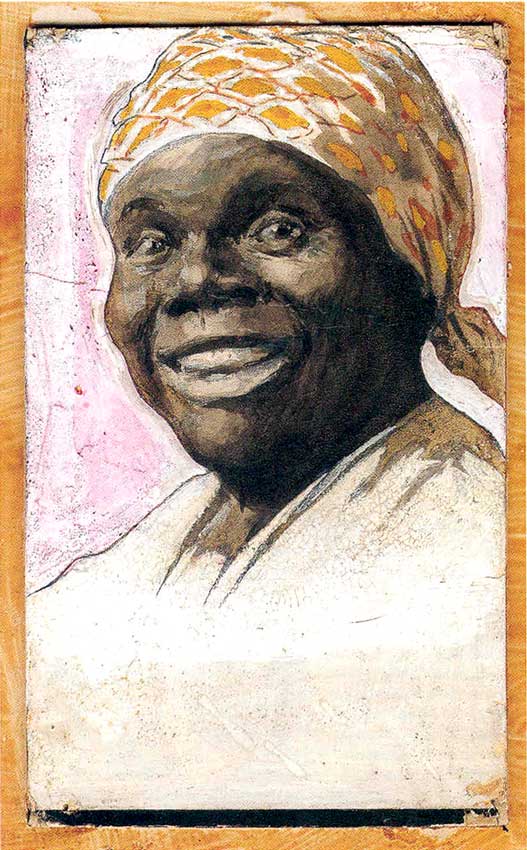Flipping Up Your Pancakes with a Side of Civil Lawsuit
Aunt Jemima is not who we think she is, according to a $2 billion lawsuit filed against the Quaker Oats Company in August. As it turns out, the friendly face on the company’s syrup bottles and pancake mix boxes may have actually been Nancy Green, a slave born in Kentucky in 1834, and Green’s friend Nancy S. Harrington, a plantation worker in South Carolina who created the original recipe for the powdered pancake mix together.
These details were revealed in a recent lawsuit filed by two of Harrington’s great grandsons, D.W. Hunter and Larnell Evans, who are claiming that the descendants of Green, Harrington, and any other women who were involved in the building of the Aunt Jemima brand, deserve a portion of all future sales. Hunter and Evans began the process of suing Quaker Oats after their great grandmother’s birth certificate showed she was employed by the company, but never received any reparations from it.
The lawsuit is complicated, as it involves a lot of finger pointing and not a lot of hard evidence. Harrington’s great grandsons claim that when Quaker Oats bought the Aunt Jemima brand in the 1920s, the company took advantage of Green and Harrington’s lack of education to cut them out of the company and any future revenue. While Quaker Oats may have technically listed Harrington as an employee on paper, it seems to have practically ignored her status in practice. (The nature of her job is unclear as it has been alleged Quaker Oats tricked Harrington into giving up the recipe because she didn’t know how to negotiate her rights to profits. Her position was uncategorized.) Now, the great grandsons are demanding the women’s descendants receive royalties from the role the two played in the start-up of what is now a household name.
Despite the great grandsons’ demands (again, $2 billion), the Quaker Oats Company doesn’t seem to be loosing any sleep over the allegations. In fact, it doesn’t appear anything will come of this lawsuit.
The company released the following statement on the issue, as quoted on The Courier Journal’s website: “While we cannot discuss the details of pending litigation, we do not believe there is any merit to this lawsuit.” The fact that the company’s lawyer, Dean Panos, has thus far not recovered any contracts between Quaker Oats and Harrington, the only real base for a legal claim, may be putting them at ease.
However, even if Hunter and Evans loose the lawsuit, there are still plenty of issues surrounding Aunt Jemima’s brand. In 1989, Quaker Oats faced harsh criticism after changing Aunt Jemima’s image from that of a workingwoman in a red bandana to a skinnier, lighter-skinned version of the woman with red lipstick and pearl earrings. It’s interesting to note her appearance used to be that of a slave and now is a housewife. (Can we say appealing to a “certain audience”?)
Still, throughout this most recent lawsuit, Quaker Oats has claimed that the face of Aunt Jemima is not meant to depict any one person, including Harrington or Green, and she is simply meant to be a symbol of Southern hospitality. Now, it looks like that hospitable face will either be worth $2 billion or one big flop with just a little bit of smoke. I vote the latter.












